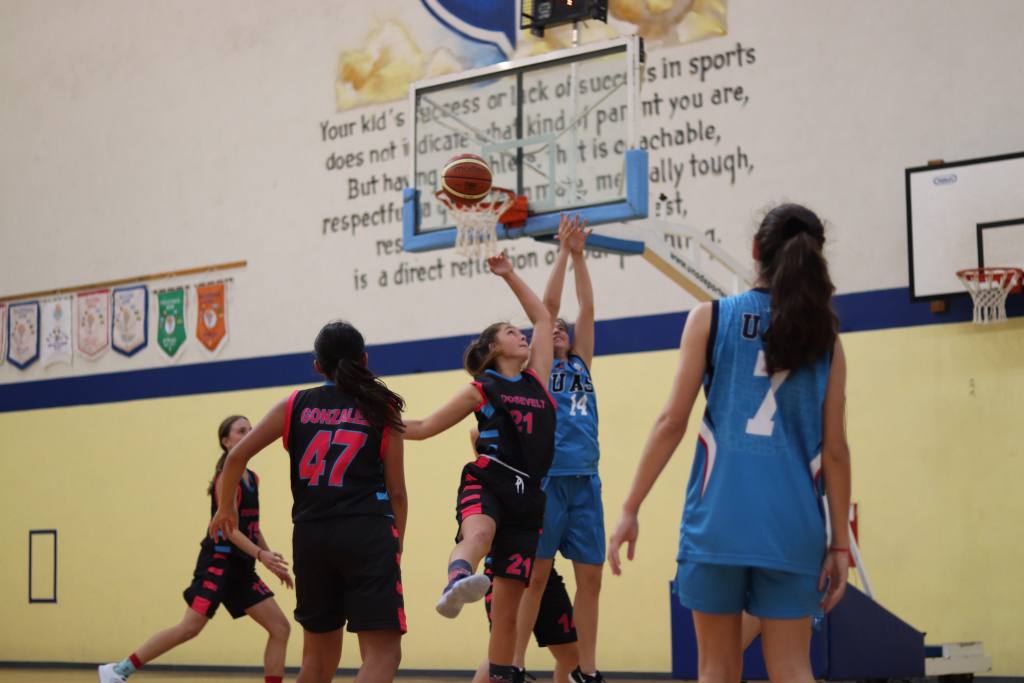Mental toughness is often considered the cornerstone of athletic success. While physical skills and talent are crucial, it is the ability to stay focused, resilient, and determined that separates great athletes from the rest. Mental toughness allows athletes to push through pain, overcome obstacles, and remain composed under pressure. In a competitive environment where the margin between victory and defeat can be razor-thin, mental toughness can be the deciding factor that propels an athlete to the top. This article explores the role of mental toughness in sports success and offers insights into how athletes can develop this critical trait.
Staying Focused Under Pressure
One of the key aspects of mental toughness is the ability to maintain focus in high-pressure situations. In sports, athletes are often faced with intense moments where the outcome of a game or match hangs in the balance. Whether it’s a last-second free throw, a penalty kick, or a crucial serve, staying mentally sharp is essential.
Athletes with strong mental toughness are able to block out distractions, remain calm, and execute their skills with precision. This level of focus is not just about concentration but also about maintaining confidence and belief in one’s abilities. By staying focused, athletes can perform at their best when it matters most, turning potential failures into triumphs.
Overcoming Adversity
Every athlete faces setbacks and challenges throughout their career. Injuries, losses, and personal struggles are all part of the journey. What sets mentally tough athletes apart is their ability to overcome adversity and bounce back stronger. Rather than being discouraged by setbacks, they view them as opportunities for growth and learning.
Mental toughness involves a mindset that embraces challenges and persists in the face of difficulties. Athletes who are mentally tough don’t dwell on their failures; instead, they analyze what went wrong, make necessary adjustments, and move forward with renewed determination. This resilience is what enables them to rise above obstacles and achieve long-term success.

Maintaining Motivation and Consistency
Another crucial role of mental toughness is in maintaining motivation and consistency. Sports success is rarely achieved overnight; it requires years of hard work, dedication, and perseverance. Athletes who are mentally tough are able to stay motivated over the long haul, even when the going gets tough.
This consistent effort is what leads to mastery and excellence in sports. Mentally tough athletes set clear goals, create a plan to achieve them, and stay committed to their training and development. They don’t let short-term setbacks or lack of immediate results deter them from their ultimate objectives. By maintaining this level of motivation and consistency, they build the foundation for sustained success.
Managing Emotions and Stress
Emotional control is another vital component of mental toughness. Sports are inherently emotional, with highs and lows that can impact an athlete’s performance. Mentally tough athletes are able to manage their emotions effectively, preventing them from interfering with their performance.
Whether it’s the frustration of a missed opportunity, the pressure of a big moment, or the elation of victory, mentally tough athletes maintain their composure. They understand that emotional reactions can cloud judgment and lead to poor decision-making. By managing their emotions, they are able to stay focused, make smart choices, and perform at their best, regardless of the circumstances.
Conclusion
Mental toughness is a critical ingredient for sports success. It is the ability to stay focused under pressure, overcome adversity, maintain motivation and consistency, and manage emotions effectively. While physical skills and talent are important, it is mental toughness that often makes the difference between winning and losing. Athletes who cultivate mental toughness are better equipped to handle the challenges and demands of competitive sports, enabling them to reach their full potential and achieve lasting success. By developing this trait, athletes can not only enhance their performance but also enjoy a more fulfilling and rewarding sports experience.




